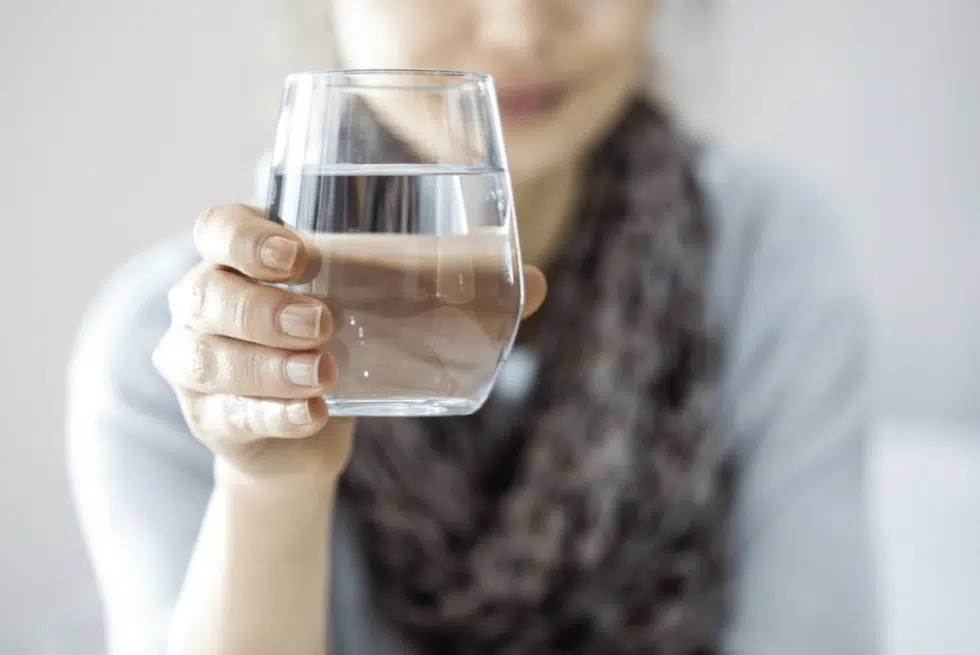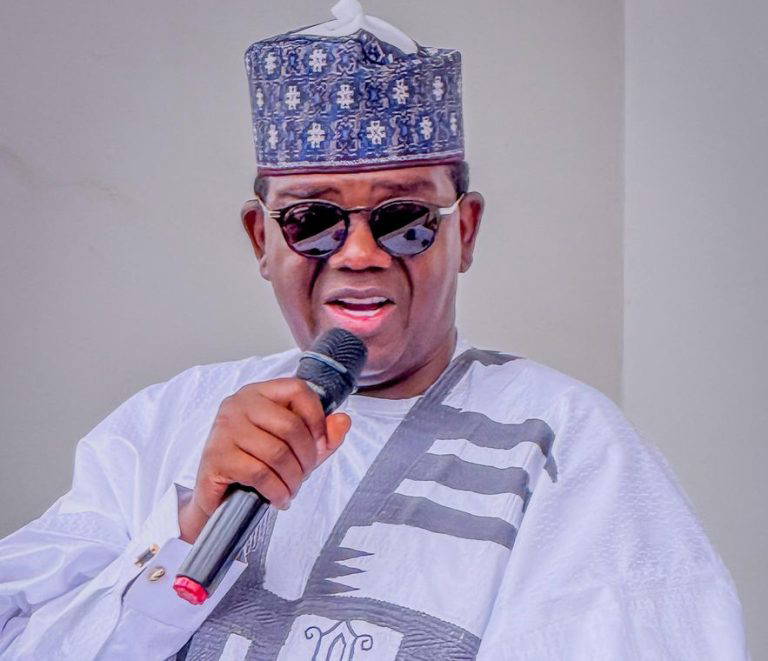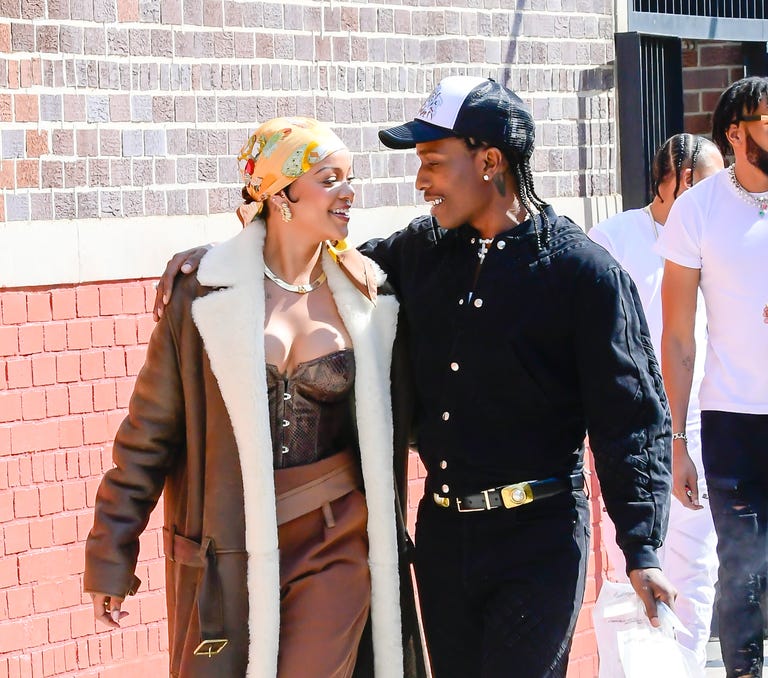Dear Beamers,
Greetings!
The journey of a widow is often fraught with emotional, social, economic, and legal challenges. In Nigeria, widows bear immense burdens and face numerous obstacles as they navigate life after the loss of their spouses. The emotional trauma of losing a husband is compounded by social and emotional stigma from society and in-laws. This makes widowhood a dreaded phase that many married Nigerian women would avoid at any cost if possible. In this week’s newsletter, continuing our commitment to providing valuable insights on pressing issues, we aim to shed light on the hardships faced by widows, emphasizing the need for compassion, support, and empowerment in Nigeria.
Widows in Nigeria encounter multifaceted challenges, including financial struggles and economic hardship. The loss of a spouse often leads to financial instability for many women. This situation is exacerbated when widows lack education, job skills, and adequate resources to support themselves and their families. They frequently face difficulties in finding employment and are vulnerable to poverty. In a society where the majority are preoccupied with their own unique challenges, it is often difficult for widows to receive special treatment. It becomes a matter of “it’s your pain, so face it,” leaving widows to wallow in economic struggles without a typical provider. This vulnerability extends to their in-laws, who may become opportunistic, eyeing the properties left behind by the deceased husband. Although widows and their children are legally entitled to the deceased’s wealth, in-laws often resort to severe and greedy measures to deprive them of their rights.
The challenges faced by widows from their in-laws in Nigeria are often the most prominent among the difficulties they encounter. The death of a husband, especially one who was in his prime or at the peak of his success, can be devastating for the family. This loss is even more profound when the deceased was just beginning to establish himself as a key provider for both his immediate and extended family. The death results not only in emotional pain but also in potential financial hardship. To avoid this financial struggle, in-laws frequently make life difficult for the widow, often seizing the assets to which she is entitled.
Eneh Amanda, a young tailor raised by a single mother, believes that Nigerian law is biased and unfavorable towards widows. In her words,
“Widows in this country don’t have rights. If they did, they wouldn’t be treated so badly. When a husband dies, his family often kicks the widow and her children out of their home and takes everything for themselves. This is because they are selfish and greedy. It’s heartbreaking that widows who were independent before marriage are treated like criminals and forced out of their own homes by their in-laws. People talk about this issue a lot, but no one seems to be taking action to help them.”
In some communities, widows can be more accurately described as a marginalized subgroup subjected to dehumanizing rituals and harmful practices. Certain traditions prevent women from inheriting land and property. Upon the death of a husband, a widow loses all that she had acquired both independently and through her husband. She is often subjected to dehumanizing mourning rituals, such as forced seclusion. Additionally, she is stripped of the right to voice her wishes regarding her husband’s burial.

Some practices involve ensuring the continuation of the bloodline, effectively binding the widow to her late husband’s family indefinitely. To achieve this, the widow is expected, either voluntarily or compulsorily, to marry her late husband’s brother or relative. In such traditions, a widow’s choice of a sexual partner is not respected, and her sexuality and reproductive rights are controlled within a framework of gender inequality. Her emotional, health, and psychological needs are disregarded. In extreme cases, if a widow is suspected of having caused her husband’s death, especially when the circumstances are unclear, she may be forced to drink or bathe in the water used to wash the husband’s corpse. Such widow might even be required to sleep in the same room as their husband’s corpse for a specified number of days to prove their innocence.
In certain Nigerian communities, widows are marginalized in decision-making processes concerning themselves and their children by their in-laws. They are excluded from discussions and confined to specific spaces for designated periods, compelled to eat from broken dishes and sleep on the bare floor without bathing or changing clothes. They are prohibited from engaging in farming, household chores, or going to the market during mourning periods. Some tribes require widows to shave their heads and wear garments of all white, all black, or a specific cloth dictated by tradition. These garments must be plain and match the prescribed color to reflect a somber appearance, symbolizing their grief over the loss of their husband.
Mrs. Judith Adaramoye recounts the profound impact of her husband’s death in 2019 on her life and happiness.
She said: “I was married in 2008 to a teacher in Lagos. We lived a simple but happy life with our three children. However, in 2019, our lives changed forever. One night, there was a terrible fire outbreak in our neighborhood. My husband had gone out to help our neighbors evacuate their homes when he got trapped in the blaze. He didn’t make it out alive.
“I was left with our three children, the youngest just turning one year old. The fire consumed everything we owned, leaving us with nothing but the clothes on our backs. We were devastated and homeless, staying temporarily with a kind neighbor until I could figure out our next steps.
“When we went back to see if there was anything salvageable, my husband’s family was already there. They accused me of negligence and blamed me for the fire, saying I should have done more to save him and our property. It was heartbreaking to hear such accusations when I was already in so much pain.
“They took whatever little was left and left me and my children with nothing. They even took the insurance money that came through later, claiming it was rightfully theirs as his next of kin. Despite their actions, I tried to stay strong for my children.
“With no support from my in-laws, I moved back to my parents’ house. It was a difficult adjustment, but I managed to start a small business selling homemade snacks. My parents were supportive, and I began to rebuild our lives, focusing on my children’s education and well-being. “
Though the road has been tough, and I still haven’t remarried, my children are my strength. They are growing up, and I am determined to give them the best life possible despite the odds.”
The majority of widows endure torture, inhumane, and degrading treatment following the death of their spouses, highlighting the urgent need for policies that protect their rights. It is regrettable that irrespective of state or ethnic group, the death of a married man in Nigeria often triggers anxieties about the welfare of the widow and children. Frequently, family members and in-laws rush to secure the deceased’s material wealth immediately after his death, particularly if he passed away without children or a will.
Ogunsiji Moradeyo views the differential treatment of widows compared to widowers as a form of marginalization against women. In her words,
“This is a type of unfairness against women that we’ve come to accept as normal. Men don’t face the same social pressures. They can keep their hair long, wear whatever they want, and no one expects them to mourn their dead wife in any specific way. A widower can remarry soon after losing his wife without being judged, even in a short time, but a woman can’t do this without facing harsh criticism. It’s the 21st century, yet we still support these old-fashioned traditions that disrespect women.”

There is a critical need to connect underserved widows with organizations that advocate for subsidized accommodation, school fees, legal aid, and welfare packages for widows and their children. Establishing an institution dedicated to advocating for and protecting widows, ensuring they have access to available benefits, would provide them with much-needed support.
Additionally, there should be dedicated organizations addressing widows’ health concerns, funded to provide subsidized or free medical services for life-threatening conditions such as cervical and breast cancer screening, HIV, hepatitis B, hypertension, diabetes, and blood sugar level monitoring. Good health is essential for fostering hope and resilience among widows.
Widows should be encouraged to acquire skills that provide productive engagement, alleviate the focus on their unfortunate circumstances, and meet their basic financial needs. As individuals living beyond adulthood, it is essential to be responsible and self-sufficient rather than dependent. Empowering widows to engage in income-generating activities or pursue further education enhances their employability. Developing skills or obtaining higher education degrees increases their ability to secure employment, reducing the risk of poverty and hardship.
In conclusion, widows are human beings who deserve compassion and support from society. Their vulnerabilities and the challenges they face call for collective action. By uniting as a community, we can help them overcome emotional trauma and financial hardships. Together, we can ensure that widows regain stability and lead fulfilling lives after their loss.




